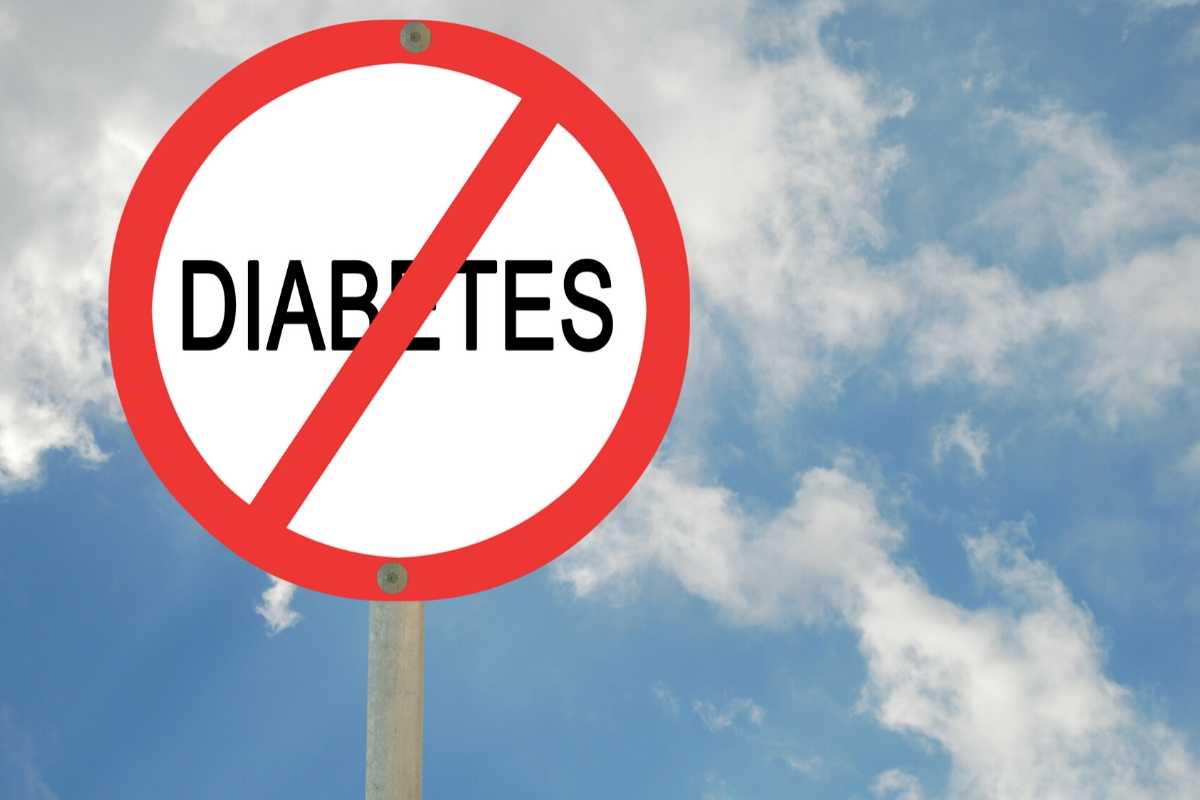As a nutrition coach, there’s a particular question that I get asked at least once a week. And that is: Can a low carb diet really reverse type 2 diabetes? It’s a great question, and my clients are always so excited to hear me say “yes”! BUT (unfortunately, there’s always a but)… if you stop the low carb diet, you will go back to having diabetes. So if you’re looking to reverse type 2 diabetes, you must be committed to a low carb lifestyle and stay committed to it.
How do you develop type 2 diabetes in the first place?
You can develop type 2 diabetes if your body becomes insulin resistant, or if your pancreas can’t produce enough insulin. Genes and environmental factors (such as being overweight and inactive) are thought to be contributing factors to developing the disease. A new study published in JAMA Internal Medicine also shows a link between ultra-processed foods and developing type 2 diabetes.
What exactly goes wrong inside your body?
When you eat, your body mixes the food with acids and enzymes in your stomach. While your stomach is working on digesting the food, it breaks down any carbs you ate (like bread or even veggies) into a type of sugar called glucose. Your stomach and your small intestines absorb that glucose and release it into your bloodstream. From there, it can be used right away for energy or it can be stored to use at another time. However, your body does need one thing if it’s going to store the glucose: It’s called insulin.
Insulin is injected into your bloodstream by your pancreas, and is in charge of taking nutrients where they need to go. For example, it takes glucose to your liver, where it can be used as energy or for muscle building. But without insulin, glucose will stay in your bloodstream longer than it should, forcing your sugar levels up. That’s when things get dangerous for your health.
Keep in mind that a normal blood glucose level (tested while fasting) for non-diabetics, should be between 3.9 and 7.1 mmol/L (70 to 130 mg/dL). The global mean fasting plasma blood glucose level is about 5.5 mmol/L (100 mg/dL). However, this level fluctuates throughout the day.
So, if you eat a lot of carbs, they are constantly hitting your bloodstream causing insulin spikes. If this happens too much, you can become less sensitive to insulin. Eventually you can become insulin resistant. If that happens, your body ends up needing more and more insulin, but you only generate so much. Your glucose doesn’t go into storage, get burned or get excreted efficiently because your insulin doesn’t work as well. Your system can’t really do anything except store fat. And so you develop type 2 diabetes and you need insulin shots. The longer you have type 2 diabetes, the more insulin you will need.
A low carb diet to the rescue!
While most diets recommend cutting calories to lose weight and get healthy, this simply isn’t good enough when trying to reverse insulin resistance. Insulin resistance is tricky, especially since diabetic drugs taken to control it are know to increase appetite and lead to weight gain. To reverse the disease, you need to go an extra step. You need to go low carb.
When you eat a low carb diet, you’re removing carbs (with their added sugars) from the equation. On a low carb diet, you don’t have to worry about high blood sugar (because you don’t eat sugars)! Eventually, you won’t need insulin shots anymore, and you’ll notice your health improving dramatically. It depends on the person, but most people will reverse type 2 diabetes within a year when following a low carb diet. But, as I said earlier, the moment you reintroduce extra carbs back into your diet, you go right back to having diabetes. If you suffer from type 2 diabetes, though, I think you’ll agree that the pros of a low carb diet clearly outweigh the cons!
Want a personalized nutrition plan to help you reverse type 2 diabetes?
Call 732-851-3622 or fill out our contact form today. We can personalize a nutrition plan just for you, no matter where you’re located. Let’s make 2020 the year you say goodbye to type 2 diabetes and hello to good health!


